Title: Flexible Cable vs. Armoured Cable: Comparing the Two for Your Business Needs Introduction: When it comes to selecting the right cable for your business needs, the decision between flexible cable and armoured cable is one that requires careful consideration. Each type of cable has its advantages and limitations, and understanding the differences between the two can help you make an informed choice. In this article, we will compare flexible cable and armoured cable, exploring their features, benefits, and applications in various industries. Flexibility: Flexible cables, as the name suggests, offer high flexibility, making them suitable for applications that require frequent bending and twisting. These cables typically consist of multiple conductive cores wrapped in a protective sheath. The flexibility of these cables allows for easy installation in tight spaces or areas with limited accessibility. They are often used in industries such as robotics, automation, and manufacturing, where constant movement and flexibility are essential. Armouring: Armoured cables, on the other hand, are designed to provide superior protection against external mechanical forces, such as excessive compression, impact, or abrasion. These cables feature an extra layer of protection in the form of a metal or synthetic armor, which enhances their durability and resilience.
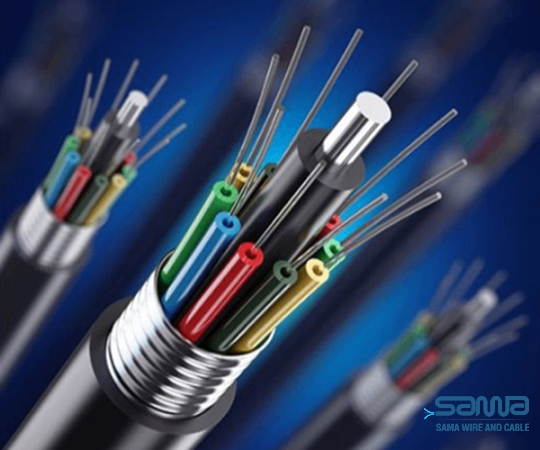
.
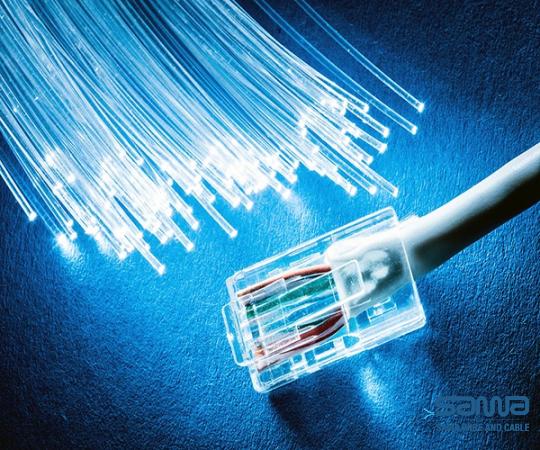 Armoured cables are commonly used in industries such as construction, oil and gas, and mining, where harsh environmental conditions and physical stress are prevalent. Benefits: Flexible cables offer several advantages. First and foremost, their high flexibility makes them easier to install, especially in tight spaces or areas with complex layouts. They also have a smaller bend radius, allowing for greater flexibility in routing the cable. Moreover, the lightweight nature of flexible cables makes them more manageable and reduces strain on mounting structures. These attributes make them an ideal choice for applications such as robotics, automation, and portable equipment. On the other hand, armoured cables provide superior protection against external factors, making them ideal for heavy-duty applications.
Armoured cables are commonly used in industries such as construction, oil and gas, and mining, where harsh environmental conditions and physical stress are prevalent. Benefits: Flexible cables offer several advantages. First and foremost, their high flexibility makes them easier to install, especially in tight spaces or areas with complex layouts. They also have a smaller bend radius, allowing for greater flexibility in routing the cable. Moreover, the lightweight nature of flexible cables makes them more manageable and reduces strain on mounting structures. These attributes make them an ideal choice for applications such as robotics, automation, and portable equipment. On the other hand, armoured cables provide superior protection against external factors, making them ideal for heavy-duty applications.
..
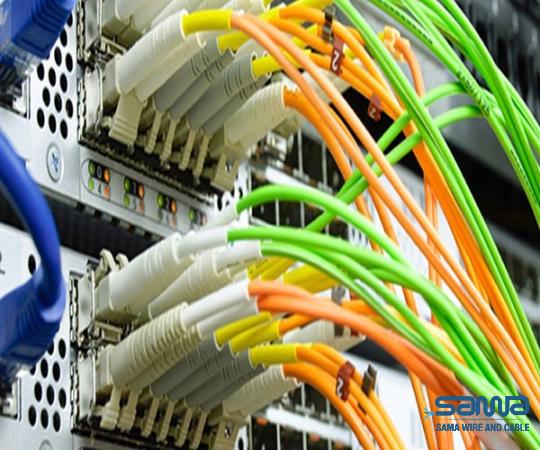 Their armored construction enables them to withstand harsh environmental conditions, including extreme temperatures, moisture, and chemicals. Additionally, armoured cables are more resistant to physical damage, ensuring reliable performance even in challenging situations. These qualities make them suitable for demanding environments such as construction sites, industrial facilities, and outdoor applications. Applications: Flexible cables find applications in various industries that require continuous movements, such as robotics, automation, CNC machines, and conveyor systems. Their flexibility allows for seamless integration in dynamic environments, enabling smooth operation and reduced maintenance downtime. Armoured cables are commonly used in situations where mechanical protection is paramount.
Their armored construction enables them to withstand harsh environmental conditions, including extreme temperatures, moisture, and chemicals. Additionally, armoured cables are more resistant to physical damage, ensuring reliable performance even in challenging situations. These qualities make them suitable for demanding environments such as construction sites, industrial facilities, and outdoor applications. Applications: Flexible cables find applications in various industries that require continuous movements, such as robotics, automation, CNC machines, and conveyor systems. Their flexibility allows for seamless integration in dynamic environments, enabling smooth operation and reduced maintenance downtime. Armoured cables are commonly used in situations where mechanical protection is paramount.
…
 They are frequently deployed in construction projects, underground installations, and heavy machinery applications. Armoured cables are also employed in offshore drilling rigs, oil refineries, and mining operations, where protection against physical damage, moisture, and chemicals is essential for ensuring uninterrupted power supply and data transmission. Conclusion: Deciding between flexible cable and armoured cable ultimately depends on the specific requirements of your business. Consider factors such as the environment, expected mechanical stress, and the need for flexibility when making your decision. While flexible cables offer ease of installation and maneuverability in dynamic settings, armoured cables provide unparalleled protection and durability in demanding environments. By carefully evaluating your needs, you can select the cable that best suits your business requirements and ensures reliable and efficient operations.
They are frequently deployed in construction projects, underground installations, and heavy machinery applications. Armoured cables are also employed in offshore drilling rigs, oil refineries, and mining operations, where protection against physical damage, moisture, and chemicals is essential for ensuring uninterrupted power supply and data transmission. Conclusion: Deciding between flexible cable and armoured cable ultimately depends on the specific requirements of your business. Consider factors such as the environment, expected mechanical stress, and the need for flexibility when making your decision. While flexible cables offer ease of installation and maneuverability in dynamic settings, armoured cables provide unparalleled protection and durability in demanding environments. By carefully evaluating your needs, you can select the cable that best suits your business requirements and ensures reliable and efficient operations.
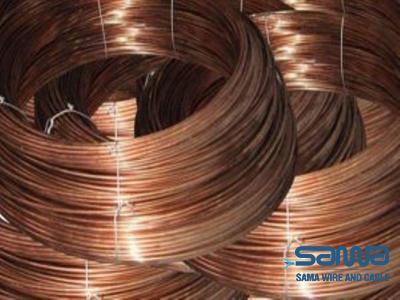
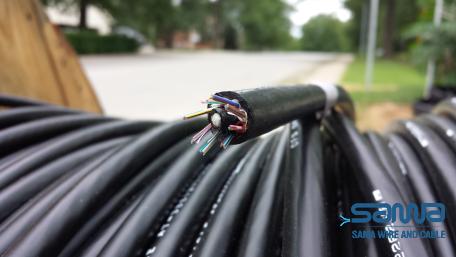
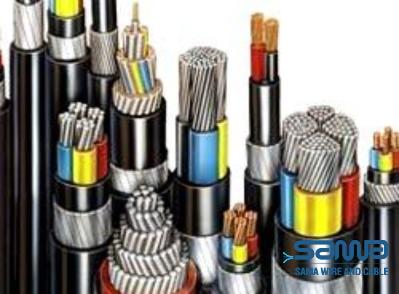
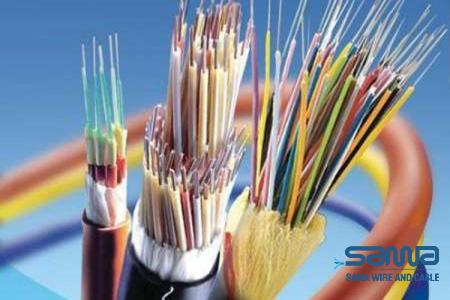
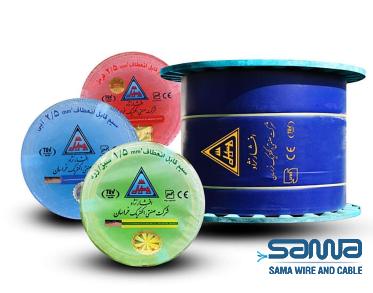
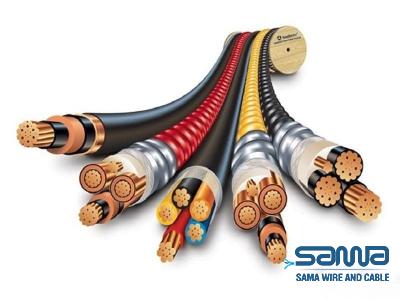
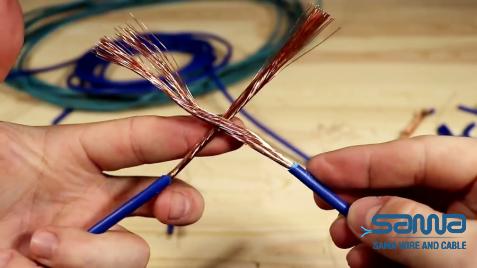
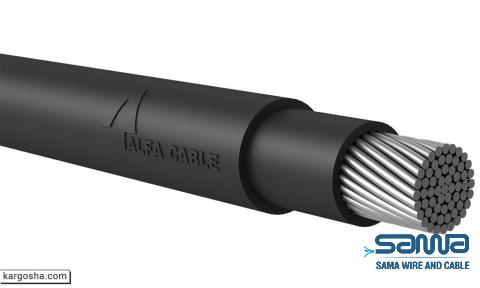
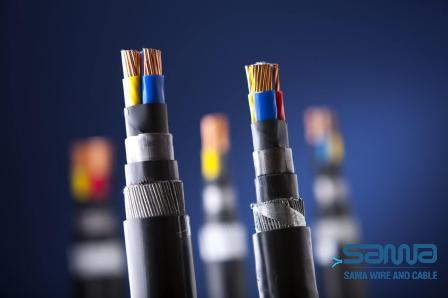
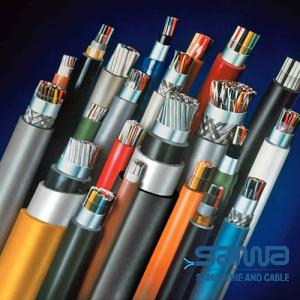
Your comment submitted.